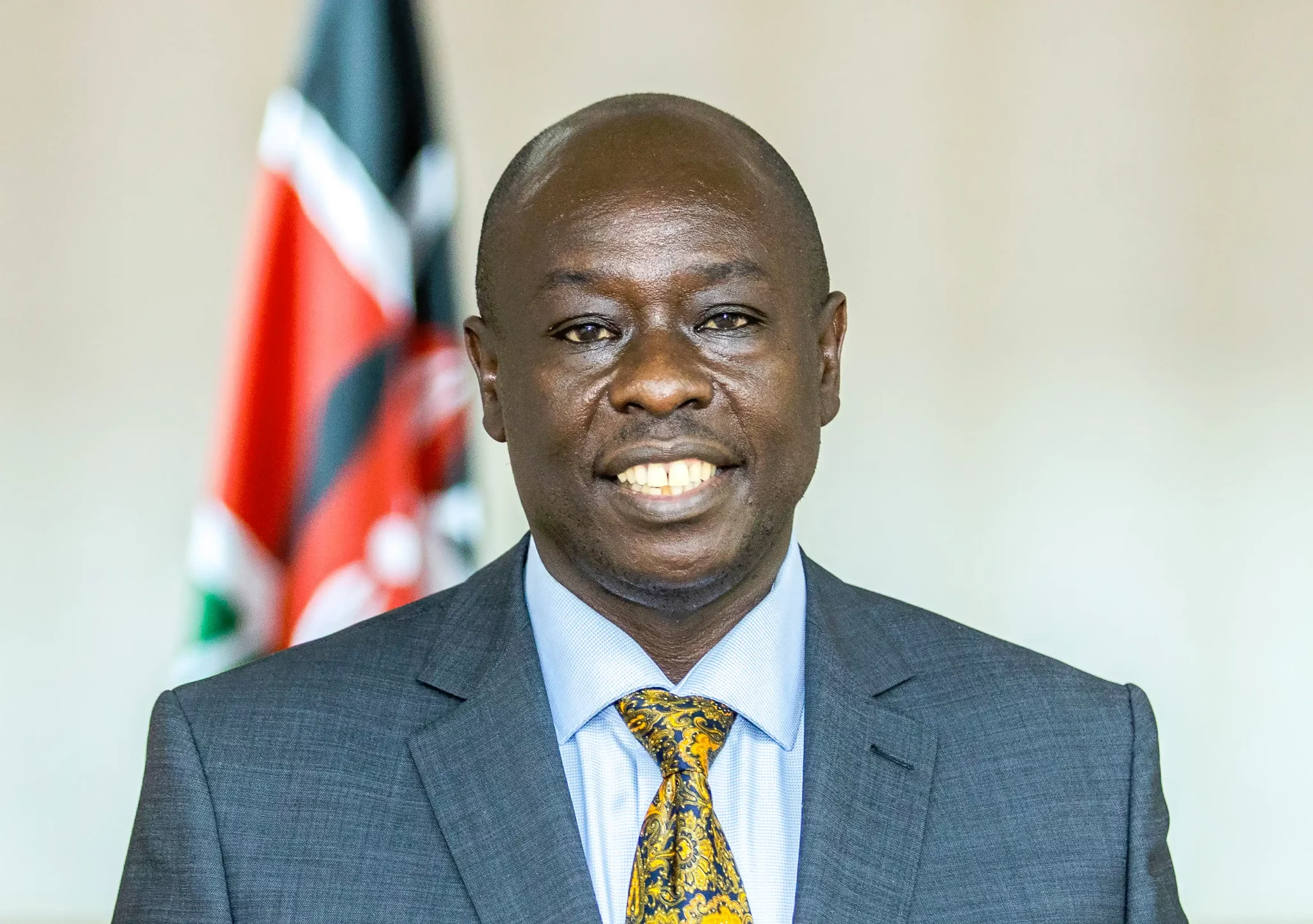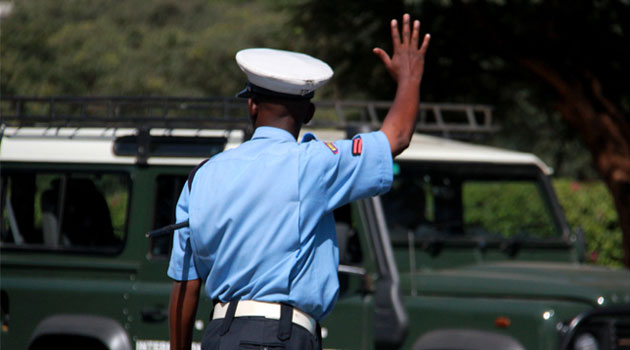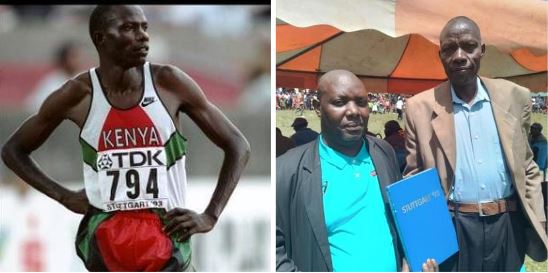A damning report by the Ethics and Anti-Corruption Commission (EACC) has laid bare the shocking extent of bribery and corruption within the National Police Service (NPS), painting a grim picture of how deeply entrenched the vice has become.
Released at the Embakasi Police Training School, the audit reveals a staggering increase in the cost of police bribes.
Between 2022 and 2023, the average bribe paid to regular police officers shot up by 39.1%, while traffic police officers demanded 84.2% more in kickbacks.
Kenyans now pay an average of Ksh11,115 to obtain services from regular police officers and Ksh7,000 from traffic officers.
One of the most startling revelations is the cost of obtaining a police abstract—an essential document that, in theory, should be free.
In 2023, Kenyans forked out an average of Ksh20,000 for an abstract, a tenfold increase from Ksh2,000 in 2022. Similarly, securing police protection now costs an average of Ksh6,887, up from Ksh816 in 2018.
On the flip side, bribes for a certificate of good conduct saw a decline, dropping from Ksh2,183 in 2022 to Ksh541 in 2023.
However, this small win does little to overshadow the broader trend of rising corruption.
A Culture of Bribery
The report further reveals that Kenyans are now more likely to be coerced into paying bribes when dealing with the police.
In 2024, 75 out of 100 individuals admitted to bribing traffic police, a sharp rise from 69 out of 100 in 2023.
Despite these payments, the report finds that bribing does not guarantee better service—highlighting a system built on extortion rather than efficiency.
READ: The Ghost Signature: How a Dead Man Approved Kuscco’s Ksh 13.3 Billion Heist
Who’s to Blame?
The EACC report attributes the deepening corruption crisis to weak internal systems, lack of accountability, and ineffective supervision within the police force.
Senior officers were found to be complicit, often deducting money and allowances from their juniors, further fueling the need for extortion.
The National Police Service has also failed to implement integrity measures in line with Chapter Six of the Constitution, with non-compliance to the Leadership and Integrity Act, 2012, leaving officers unchecked.
With corruption now woven into the fabric of law enforcement, the question remains: Who will police the police?












































